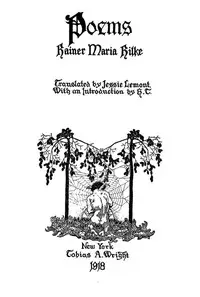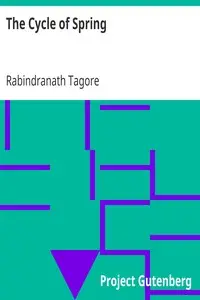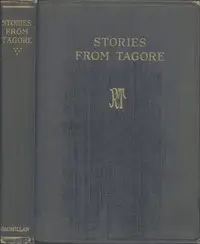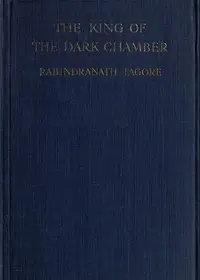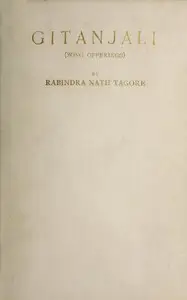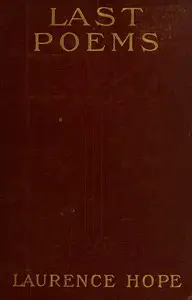"The Fugitive" by Rabindranath Tagore is a set of poems from the late 1800s that looks closely at love, strong desires, and thinking deeply about what it means to be alive. The poems show characters dealing with tough relationships of the past and present, and the beauty of nature. The poems start with the speaker thinking about how quickly life goes by and the search for an "Eternal Fugitive," showing how humans constantly look for purpose and relationships. This opening presents conversation that shows sadness and the everyday problems of life, suggesting relationships beginning and ending. The beauty of life is included, even though it doesn't last forever. Through strong images and feelings, Tagore takes readers to a world where the spirit and the earth are connected, showing big ideas about life and love.

The Fugitive
By Rabindranath Tagore
Enter a 19th-century world filled with longing, lost love, and the search for life's meaning as characters navigate the complexities of fleeting relationships.
Summary
About the AuthorRabindranath Tagore was a Bengali poet, writer, playwright, composer, philosopher, social reformer, and painter of the Bengal Renaissance. He reshaped Bengali literature and music as well as Indian art with Contextual Modernism in the late 19th and early 20th centuries. Author of the "profoundly sensitive, fresh and beautiful" poetry of Gitanjali, in 1913 Tagore became the first non-European and the first lyricist to win the Nobel Prize in Literature. Tagore's poetic songs were viewed as spiritual and mercurial; where his elegant prose and magical poetry were widely popular in the Indian subcontinent. He was a fellow of the Royal Asiatic Society. Referred to as "the Bard of Bengal", Tagore was known by the sobriquets Gurudeb, Kobiguru, and Biswokobi.
Rabindranath Tagore was a Bengali poet, writer, playwright, composer, philosopher, social reformer, and painter of the Bengal Renaissance. He reshaped Bengali literature and music as well as Indian art with Contextual Modernism in the late 19th and early 20th centuries. Author of the "profoundly sensitive, fresh and beautiful" poetry of Gitanjali, in 1913 Tagore became the first non-European and the first lyricist to win the Nobel Prize in Literature. Tagore's poetic songs were viewed as spiritual and mercurial; where his elegant prose and magical poetry were widely popular in the Indian subcontinent. He was a fellow of the Royal Asiatic Society. Referred to as "the Bard of Bengal", Tagore was known by the sobriquets Gurudeb, Kobiguru, and Biswokobi.


